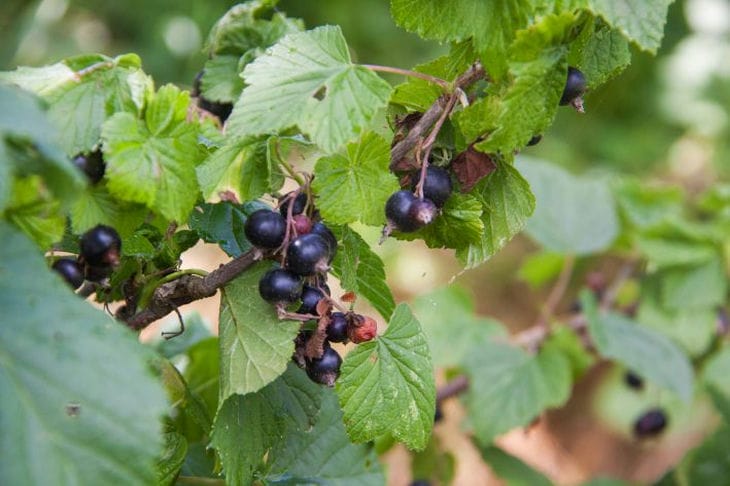How to prune currants correctly: secrets of formation and care
Correctly pruned currants contribute to their health, longevity and abundant harvest.
Regardless of the variety, be it black, red or white currant, the bushes need regular shaping and rejuvenation.
Time for pruning
The optimal period for pruning currants is early spring, before the buds open. At this time, the bush is still in a dormant state, which minimizes the stress from the procedure, says Anastasia Kovrizhnykh .
Autumn pruning is carried out after the leaves have fallen, paying attention to removing diseased and damaged branches.
Tools for work
To prune currants, you will need sharp pruning shears, a garden saw, and a lopper. The tools must be clean and disinfected to prevent the spread of diseases.

Principles of bush formation
The main goal of pruning is to create a bush with a strong skeleton and an optimal number of fruiting shoots.
Currants bear fruit on branches 2-3 years old, so it is important to stimulate their growth.
Pruning young bushes
In the first years after planting, the base of the bush is formed. 3-5 strongest shoots are left, the rest are removed at the base.
In the second year, the tops of the remaining shoots are shortened, stimulating branching.
In subsequent years, the procedure is repeated, leaving 3-4 strong one-year shoots on each main trunk.
Pruning fruit-bearing bushes
Old, unproductive branches older than 5 years are removed from mature bushes. They are easily distinguished by their dark bark and weak growth. Broken, diseased and crown-thickening shoots are also cut out.
Sanitary pruning
Sanitary pruning is carried out when necessary, removing dry, damaged and diseased branches.
Peculiarities of pruning different types of currants
Blackcurrants grow more vigorously than red and white currants, so they require more severe pruning.
Red and white currants bear fruit on last year's growth, so pruning is aimed at preserving it.
Care after pruning
After pruning, the cuts are treated with garden pitch. The bushes are fed with complex fertilizer and provided with abundant watering.
Earlier we talked about the appearance of thorns on eggplant seedlings .
